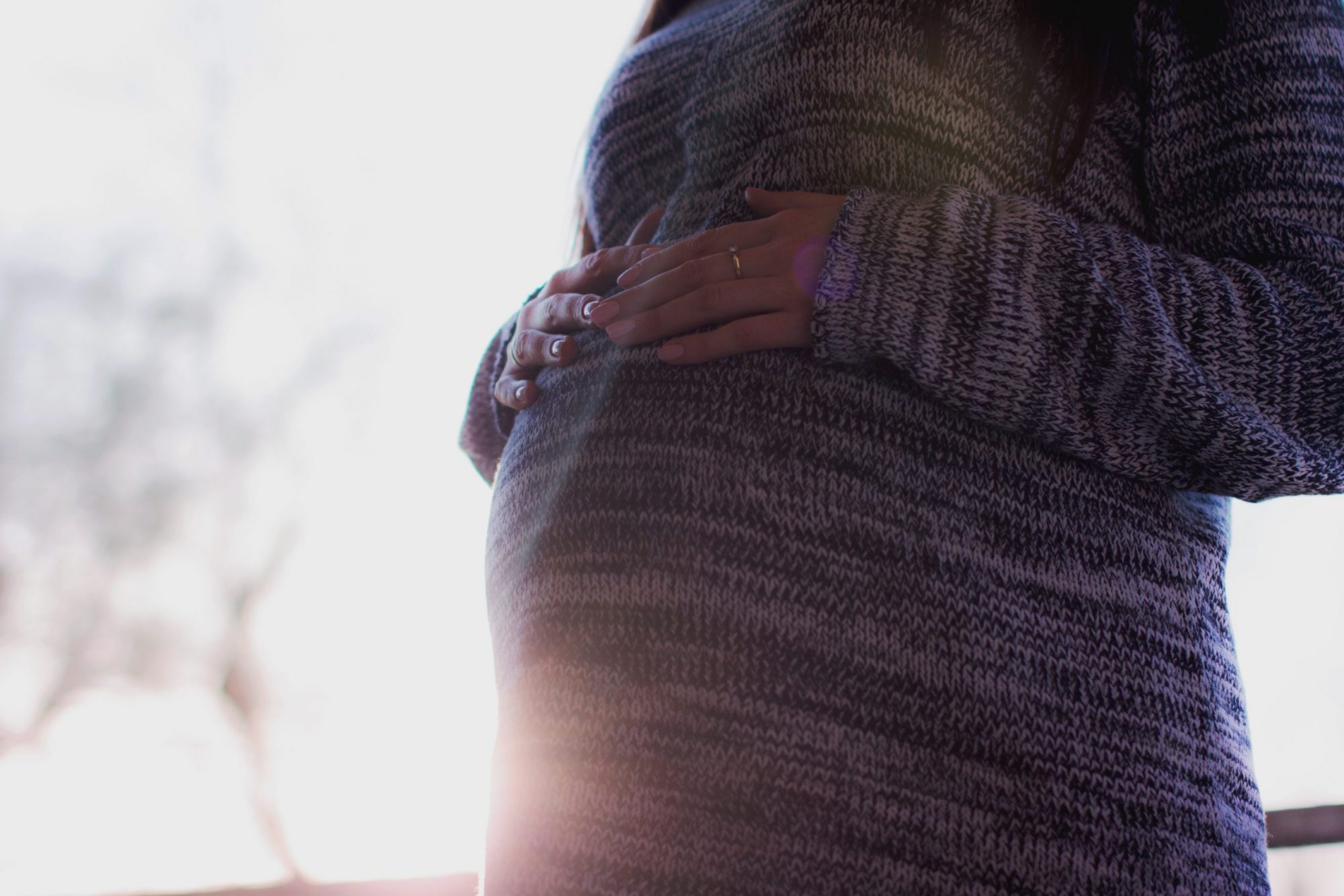The effects of smoking during pregnancy could have short-term and long-term consequences. It has been associated with increased risk of low birth weight, intrauterine growth retardation, and increased infant mortality rate.
Smoking can make it harder for you to get pregnant because it increases the risk of fertility problems for both you and your partner. Maternal smoking, while pregnant, could cause severe harm to your health and that of the baby. Mothers who expose their babies to secondhand smoking also put their health and development at risk.
Impact of Maternal Smoking on You and the Unborn Baby
Even after a full-term pregnancy, babies born to smoking mothers could be born too small. Maternal smoking slows the fetus’ growth before birth.
It could also lead to premature birth, where the baby is born too early. Babies born three weeks or more before the due date are premature.
Premature babies miss significant growth that happens the uterus during months and final weeks of pregnancy. They are at a higher risk of having severe health problems and sometimes premature death.
Premature babies might have to stay in the hospital for days, weeks, and sometimes months. They could have:
- Feeding difficulties
- Low birth weight
- Breathing problems that happen right away and could last into their childhood
- Problems with eyesight or hearing
- Cerebral palsy- brain damage that results in trouble with muscle tone and movement
- Developmental delays – the baby could lag behind in thinking, language, and movement skills
Maternal smoking can also damage the baby’s developing brain and lungs, and sometimes the damage can last through the baby’s childhood and teen years.
Maternal smoking also doubles a woman’s risk of unusual bleeding during pregnancy and delivery. Abnormal bleeding not only puts the mother at risk but the baby as well.
It also raises the baby’s risk of congenital disabilities like cleft palate, cleft lip, or both. This is an opening in the roof of the baby’s mouth or in the baby’s lip. Babies with cleft palates or lips might have trouble eating correctly and could require surgery. Maternal smoking also increases the risk of Sudden Infant Death Syndrome (SIDS)
How Cessation of Maternal Smoking can help You and Your Baby
The best time for smoking cessation is before getting pregnant. However, you can quit any time during your pregnancy, and your baby will still benefit from this. We recommend talking to your doctor about the best ways to quit if you’re trying to get pregnant.
When maternal smoking stops:
- Your baby grows better
- The baby will get more oxygen even after a day
- You minimize the risk of premature birth
- You will breathe more easily and have more energy
- You will be less likely to develop stroke, lung disease, lung cancer, heart disease, and other smoking-related diseases
Cessation isn’t always natural during pregnancy. Women who smoke while they’re pregnant feel alone and ashamed.
However, with the right support, pregnant women can get through unique challenges of maternal smoking cessation during pregnancy.
While cessation of maternal smoking, you can expect:
- Fewer chest colds and coughs
- Decreased risk of pneumonia and bronchitis
- Fewer wheezing problems and asthma
- Fewer ear infections
It’s never too late to quit smoking. If you smoked before and had a healthy pregnancy and baby, there is no guarantee that you will get lucky the second time.
Maternal smoking during pregnancy puts your health and that of the baby at risk. Rather than having your baby be born too early, have a congenital disability, or die from SIDS, get the help you need, and get started on a smoking cessation plan.
Visit childmode.com to learn more about Smoking and Pregnancy.














